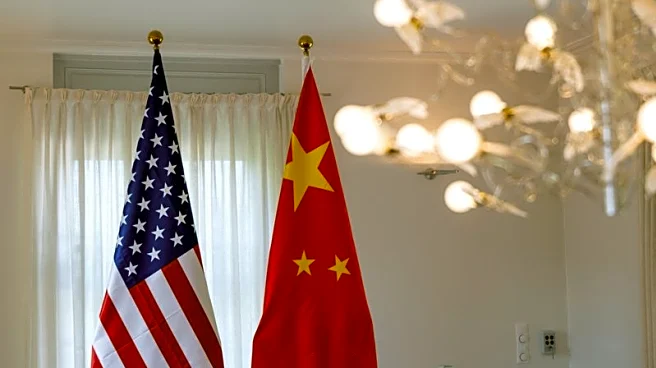By Marcela Ayres
(Reuters) -Brazil's central bank did not merely pause its tightening cycle but halted it, monetary policy director Nilton David said on Thursday, stressing that interest rates remain in restrictive
territory and the bank's plan is broadly unfolding as expected.
The central bank held its benchmark Selic rate steady at a near 20-year high of 15% in late July, following seven consecutive hikes since September last year that lifted rates by 450 basis points in an effort to tame inflation.
"It was not a pause. It was an interruption for us," said David at an event hosted by financial group Porto in Sao Paulo.
The halt aims to give the central bank time to feel and understand the effects of past moves before deciding on next steps, in a context that has become more uncertain due to trade tariffs, he stressed.
Policymakers have been signaling since June that their strategy would now be to keep rates at current levels for a "very prolonged" period.
"Monetary policy will work even for those who don't believe in it," David said at the event.
He noted the central bank is fairly confident Latin America's largest economy is currently growing above its potential, and added that labor-intensive sectors such as services and construction are likely to take longer to fully feel the effects of the tightening already in place.
David said the central bank had already been preaching caution before the U.S. imposed 50% tariffs on goods from Brazil - a policy stance he said now proves even more necessary.
Still, he said the sectors that export to the United States are "highly professional" and will likely find ways to redirect their production over time.
Regarding the Brazilian real, which has gained more than 10% against the U.S. dollar so far this year, David said part of the currency's appreciation reflects a decline in risk premiums embedded in local yield curves, as well as investor perception that the central bank is firmly committed to bringing inflation back to target.
(Reporting by Marcela Ayres, Editing by Franklin Paul and Sandra Maler)










